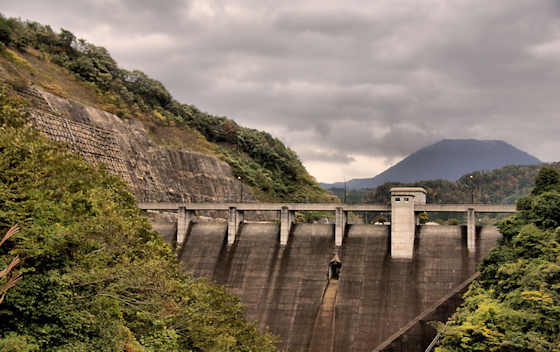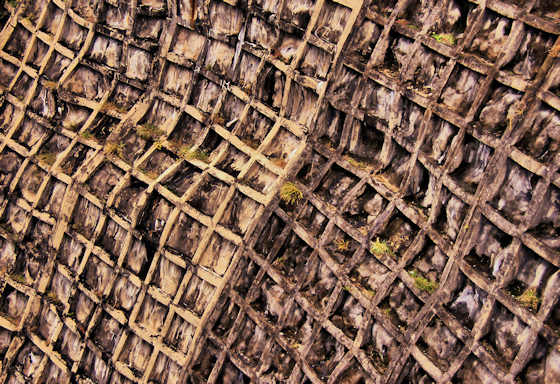On Wednesday I came back one day earlier than planned from my Kyushu Pilgrimage because I found out that my friend Hiroki Okano and friends were performing at a local shrine. Part of their own Izumo Pilgrimage, they brought a flame from the Hiroshima Peace Park. On the previous night they performed at Gakuenji, and I would have loved to have been there but there was no way of getting back in time.
Leading the improvised performance was Hiroki Okano on native-american cedar flute, keyboards, voice, & native drum. Hiroki has recorded with the well known Navajo flute player R. Carlos Nakai, and even brought him over for a concert in a temple in Kyoto. One of his specialities is performing at sacred sites..... including Enryakuji on Hiezan.
A full list of recent performances can be found here
On didgeridoo and kalimba was "Matsu" and the drummer was Kajiwara Tetsuya...... I'm fond of drum solos, so.....
Kajiwara was the drummer with The Blue Hearts, who, I am reliably informed, were one of the top Punk bands in Japan
On Taiko drums was Nobuhito Tomoka, and the dancer was Kunitomo Yuichiro. The dancer was excellent, but unfortunately my video cameras battery was flat.....
He is the son of Kunitomo Suga, generally regarded as the "mother of modern yosakoi dance". Since her death 2 years ago Yuichiro has taken over Sugaren, one of the top yoakoi dance groups in Japan.



























